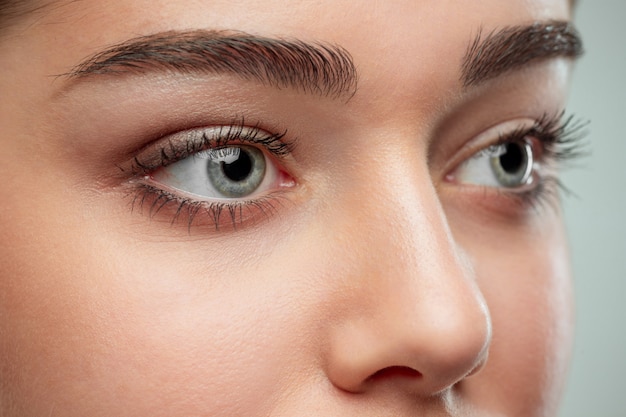Choosing Your Sunblock Wisely to Avail the Perfect Shield
Sunblock is not just another item on your grocery list; it is a shield against the sun’s powerful rays that can damage your skin in more ways than one. Finding the right sunblock is crucial for protecting your skin’s health while enjoying the great outdoors. Remember, the right sunblock is your skin’s best friend under the sun.
Let us walk you through five straightforward methods on how to choose for the right sunblock, ensuring you can bask in the sun worry-free.
Understand SPF levels
SPF, or Sun Protection Factor, measures how well a sunblock can protect your skin from UVB rays, the kind that cause sunburn and contribute to skin cancer. A higher SPF number means more protection, but no sunscreen can block 100% of UVB rays. For everyday use, SPF 30 is a good baseline, blocking about 97% of UVB rays. If you’re planning to spend a whole day outdoors, especially in summer, opt for SPF 50 or higher.
Broad-spectrum protection
To fully protect your skin, choose a sunblock that offers broad-spectrum protection. This means it guards against both UVA and UVB rays. UVA rays penetrate deeper into the skin and are primarily responsible for premature aging and skin cancers. A broad-spectrum sunblock ensures you’re shielded from all harmful effects of the sun.
Water resistance
For those who love swimming or tend to sweat a lot, water-resistant sunblock is a must. It stays on your skin longer even when wet. Remember, no sunblock is entirely waterproof, so reapplication every two hours is essential, especially after drying off with a towel.
Skin type consideration
Your skin type greatly influences your choice of sunblock. For sensitive skin, look for mineral-based sunblocks containing zinc oxide or titanium dioxide, which are less likely to cause irritation. If you have oily skin, gel formulas can be more comfortable and less greasy. There are also sunblocks designed specifically for children’s delicate skin.
Check for expiration dates
Sunblock loses its efficacy over time. Using expired sunblock can leave your skin unprotected against UV damage. Always check the expiration date before purchasing and use it within the recommended period. It’s a simple step that can make a big difference in protection.
To conclude
Choosing the right sunblock involves more than grabbing the nearest bottle off the shelf. Your skin deserves the best defense against the sun’s rays, so invest a little time in selecting the right sunblock. It’s a small step that can have a big impact on your skin’s health and your overall well-being under the sun.



